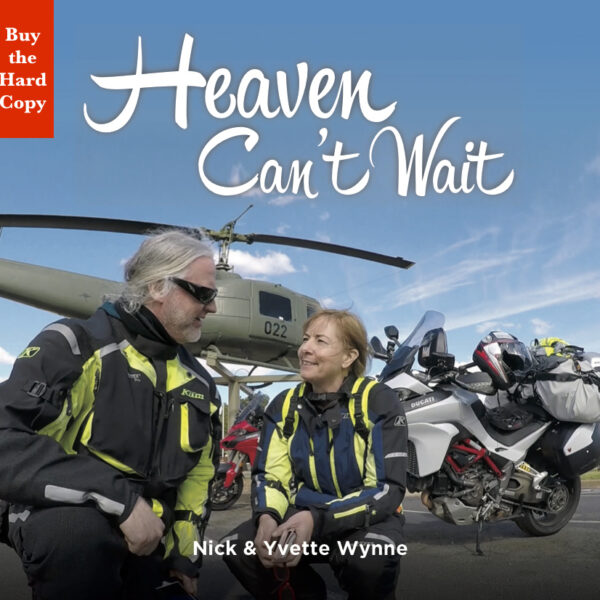Power, don’t you just love it? Treating People Well
There’s a massive thrill involved in jumping on a trampoline, especially a springy one. I could do the same jump on grassy ground, and the emotional impact doesn’t measure on my Joy Meter, not even a flutter on that slick little dial. But one hefty jump on a trampoline and I’m flying through the air, loving life, even better when there’s two of us and the ‘double bounce’ gives added air-time.
I love it because the minimum input generates maximum output. Even more amazing is that I can put my foot on the car’s accelerator and off it goes, roaring through those streets, collecting tickets at times: well that’s a big boo! But with such small inputs of human energy, a great power can result.
The same could be said of being a leader. One action, one command, one suggestion from a leader and movement is created, the more influence (or power) the leader has, the bigger the output. Take the example of Eddie Murphy in Beverley Hills Cop, who wore a Mumford High T-Shirt for most of the movie. Because of this seemingly innocuous act, the previously unknown High School generated T-Shirt sales of 1 million dollars after the movie was a box office hit in cinemas. Now that’s an impact.
This can be a great thing when we have a vision to build something that’s beyond our own capacity; having enough power to accomplish the vision would be a rewarding and satisfying feeling. But sometimes we can get distracted with our initial vision, and focus on the power for it’s own sake.
When a leader makes a decision and people start scurrying, willing to please, that could be an intoxicating feeling, and rather like a drug addiction, we can get hooked on it. That’s when job satisfaction comes not from making/building something, but from controlling people and asserting authority.
As ‘the heart is deceitful above all things’, how can we know that we have crossed the line, and delved into using power for it’s own sake?
I’m no expert, but here are some questions we could ask ourselves.
Are we okay with other people’s great ideas? Or do we squash them, even worse, make it look like we originated them?
Do we promote other people’s agendas? Or just our own?
Do we give credit where it’s due? Or do we ignore them, even worse, bad mouth them?
When someone under your supervision has a better offer and moves on, are we happy for them? Or are we resentful?
Sometimes we can get frustrated because that thing we wanted to make/build isn’t happening fast enough, so we squeeze people harder, draining the life force out of them, all to get the job done.
But I’ve got a sneaky suspicion that God isn’t that enamoured by our big ministry/organisation/business successes. In fact, He doesn’t need us to save the world-He’s already got that covered. I reckon God is keen on how we treat people on the journey. Were we selfish in our treatment of them?
I find it fascinating that Paul, writing to the Church at Philippi, wrote, “ I hope in the Lord Jesus to send Timothy to you soon, so that I too may be cheered by news of you. For I have no one like him, who will be genuinely concerned for your welfare. For they all seek their own interests, not those of Jesus Christ.”
Hark, hold the phone, is Paul saying that unselfish christians were a rare commodity, even back then?
Hmm, this is the same letter where Paul admonished, ‘Do nothing from selfish ambition or conceit, but in humility count others more significant than yourselves. Let each of you look not only to his own interests, but also to the interests of others’. So it would seem Christians, back in the day, also had trouble thinking of others.
If you find yourself at the bottom of the pile, feeling powerless, and ill treated by selfish people, can I encourage you with this verse? ‘The first shall be last, and the last shall be first.’ Everything will be made right when Jesus returns, and the roles will be reversed.
And for those of us that find satisfaction in building a ministry/organisation/business, we would do well to remember that God says ‘His power is made perfect in our weakness’. What? Our weakness? You’ve got to be kidding!
Yep, our weakness. Our human frailties can help us connect to others by: Firstly, being vulnerable enough to admit we have them. Secondly, to show how we overcame our hardship and ordeals, so that others can do likewise. That’s one of the reasons we wrote, “Heaven Can’t Wait”, it’s not about our trophies, but about our stuff ups and by holding onto God, our life has eternal significance and so can yours!
No matter how much power anyone has, whether we’re the president of the Country Women’s Association or the United States, there is One who has much more, so when we are wielding our human power, let’s remember that nothing will be hidden from God and we’ll be held accountable to Him. …I tell you, on the day of judgment people will give account for every careless word they speak, for by your words you will be justified, and by your words you will be condemned.”[/vc_column_text]
[/vc_column][/vc_row]





